CO4CITIES - 3rd Transnational Meeting, Budapest, November 25-26, 2021
Edited on
07 March 2022The Third Transnational Meeting was hosted by the city of Budapest in the mornings of 25 and 26 November 2021.
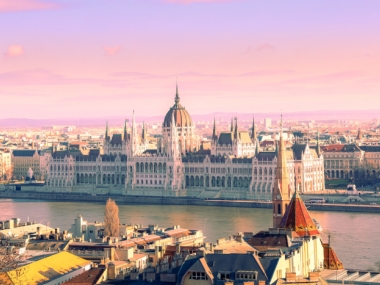
The meeting took place online due to the health emergency and was an opportunity for the partner cities to better understand the context of the city of Budapest and to discuss, share experiences and ideas on the theme of the government of urban commons.
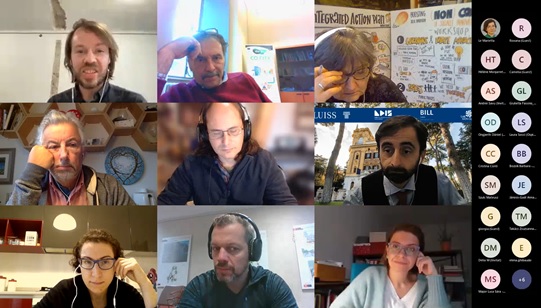
The first day's meeting began with a welcome from the Budapest team who then illustrated the context of the city regarding the issue of civic spaces and co-governance.
The objective of the Municipality of Budapest within the CO4CITIES project is to develop a real estate reuse mechanism in order to make vacant spaces available to local realities and non-governmental organizations. The municipality of Budapest works to create a transparent mechanism for the reuse of these abandoned spaces as common goods, learning from the case of Turin, and wants to support NGOs and communities with the use of these spaces by involving them in decision-making processes in order to create models of co-governance.
To do this, the Budapest Team thought of a pilot project to be included in the Investment Plan. The project involves a series of commercial properties located in open-air “underpasses” near the city’s Kelety Railway Station, shops that were built as part of the overall renovation of the station’s metro, but were never rented.
This project is followed by the Open Budapest team, a unit operating with the municipality of Budapest made up of external experts and different city departments. The team has already started various participatory processes in the city, for example a co-planning activity with citizens relating to the area near the river has been initiated, citizen’s assemblies on climate issues and participatory budget sessions have been created. Today the team wants to create a co-design methodology with residents to design useful services for the community.
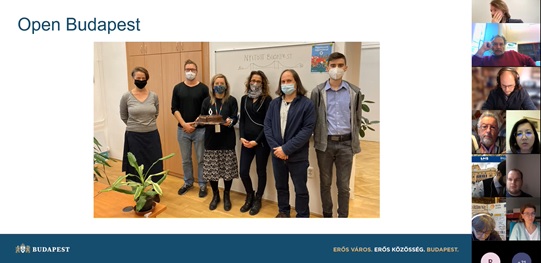
During the second part of the morning, Christian Iaoione and Levente Polyack made two speeches on the theme of inclusive services and on the business model relating to urban commons. Christian Iaione pointed out that in the last ten years many European cities have recognized the need to work on procedural and organizational aspects providing more clarity and administrative streamlining to improve the effectiveness and efficiency of public action also through civic and collective action. He explained how important it is to build good mutual trust between the public administration and the communities and then illustrated three main tools for involving citizens: the co-governance of urban commons, financial tools for sustaining the initiatives and legal tools which explain how to govern the commons. There are three levels of co-governance: the access, the management and the ownership. In relation to these there is the right to use, which occurs when the community defines a self-government charter to regulate the use of the assets and its financial needs; the right of co-manage that takes place through legal tools such as the collaboration agreement and finally the right to co-own, the case in which a local community has created a broadband network and manages it and what is gained is used to improve social services (an example is the Urban Commons Foundation).
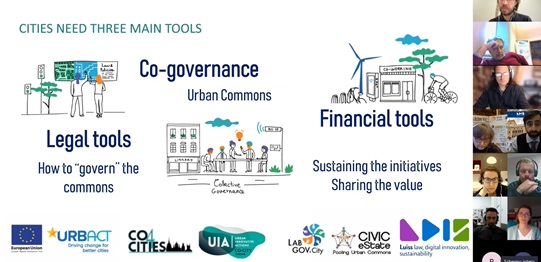
In his speech, Levente underlined the importance of the connection between the actors of the territory for the creation of new services. In fact, there are different areas in which generative commons may develop: culture, sport, generative participation, etc... The key is defining local strategies. For example, in Brighton, a magazine has been released to create a territorial network, and in Paris, some shops put their forces together to resist the competition of big stores (Les Grand Voisins). To build an ecosystem it is necessary to analyze the system and underline synergies and visualize potential collaborations. There are many ways to build sustainable business models. In Rotterdam, for example, the municipality evaluated the costs to maintain empty buildings and invested the same amount to fix the structures and host social activities. In Riga, the municipality uses property taxes to encourage owners of empty buildings to accommodate citizens' activities. If public money is not available there are alternatives, such as crowdfunding, peer-to-peer loans, crowd-investment, special crowdfunding products.
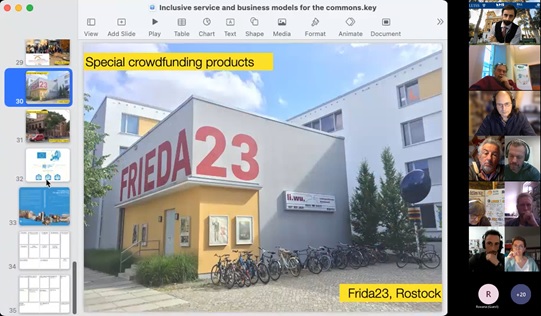
After a quick welcome back, the second day started with the talks by the two Lead Experts - Christian Iaione e Levente Polyak - that presented a framework of legal models to manage commons and collaborative governance. The cities of Gdansk, Budapest, and Cluj-Napoca also presented case studies relating to the Ubocze resident's Council, the Konnector, and the Cinema Victoria.
The morning continued with a workshop on Investment Plan during which each partner city worked through a Canva. Each city began to think operationally on its projects, analyzing the policy context and the need for innovative intervention, the background of the project proposal, an outline work plan (activities and outcomes), the budget, and the monitoring and evaluation methods.
The meeting ended with a Steering Committee to share doubts, and deadlines on administrative, financial, and communication issues.
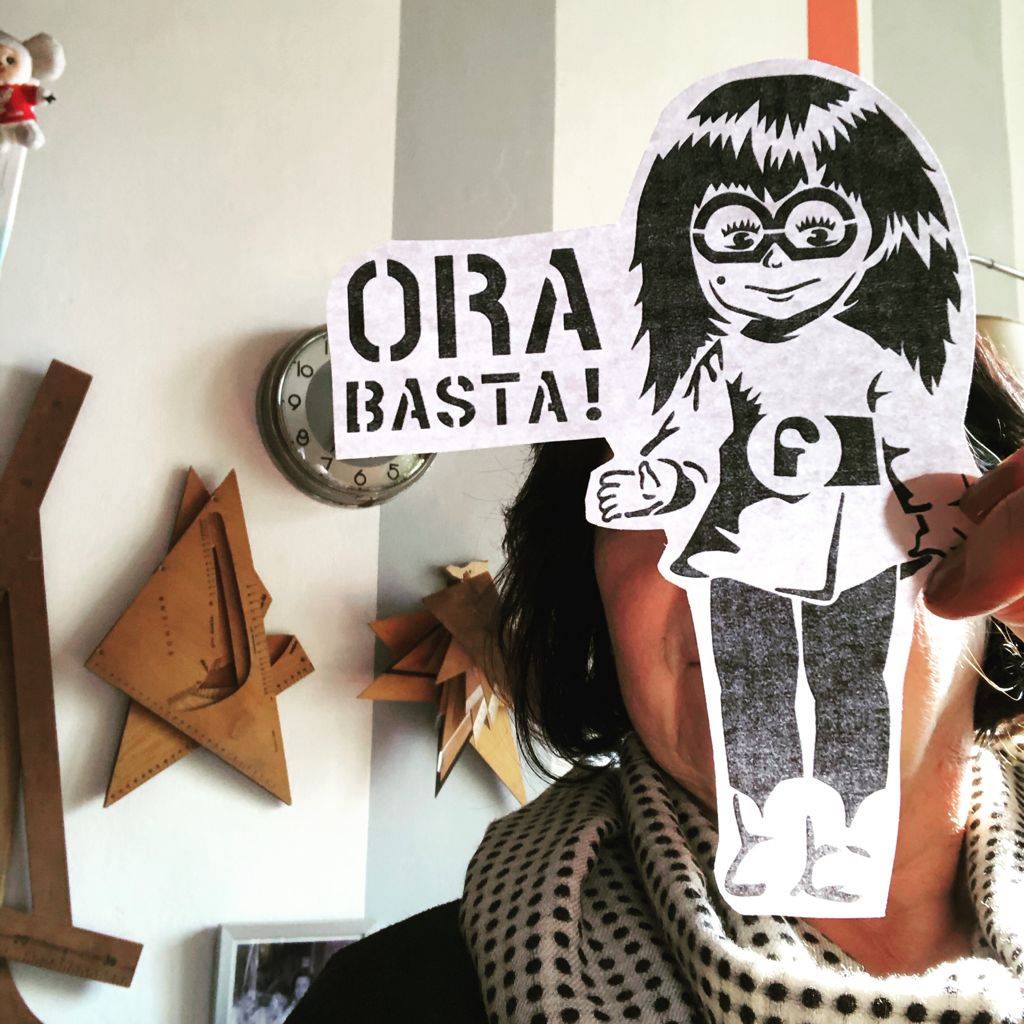 Submitted by Laura Socci on
Submitted by Laura Socci on
